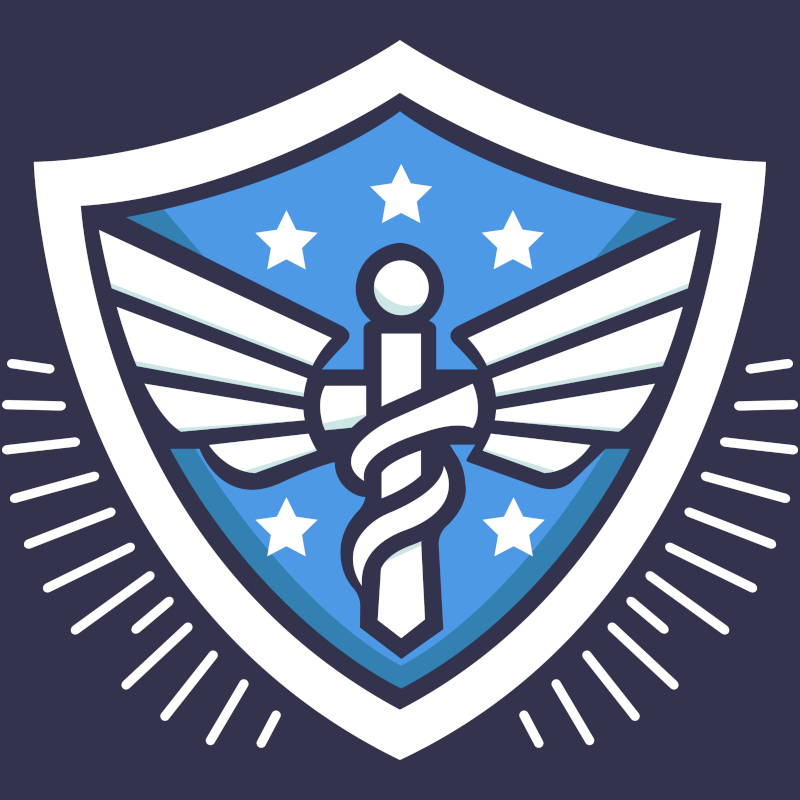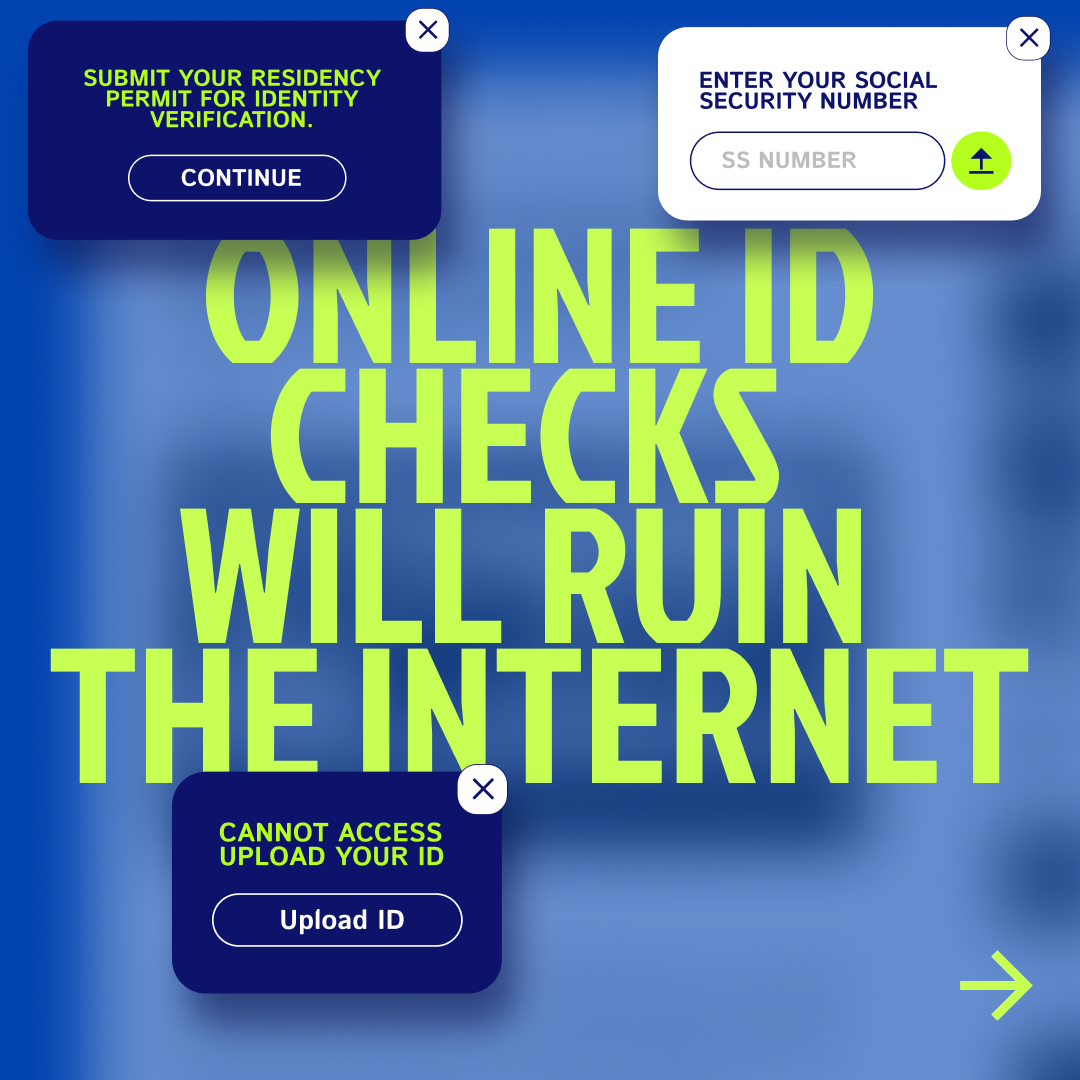Over twenty U.S. states have passed or are pushing laws that hold websites liable to civil lawsuits if they host material deemed “harmful to minors” without ID checks in place. “Harmful to minors” sounds like a shield against pornography—and it’s meant to—but the reality stretches far beyond that. It sweeps up educational resources, art, and literature, especially anything LGBTQ+-inclusive. In states like Texas, where authorities have taken down queer-themed art, or Florida, where books like Gender Queer face bans, the pattern is clear: vague laws become weapons against diversity. This isn’t just a U.S. trend—Australia mandates ID checks even for social media, and the U.K. has also rolled out sweeping age verification requirements.
The debate splits hard. Child safety advocates claim that digital rights activists who raise concerns about age assurance mandates don’t care about kids, by refusing to compromise on privacy. Digital rights advocates fire back: safety measures that are imposed without concern for their human rights impacts hit marginalized groups first and hardest. Both sides dig in, but the Center for Online Safety and Liberty (COSL), launched last month, rejects this deadlock. We say safety and liberty aren’t enemies—they’re inseparable. True protection doesn’t sacrifice freedom; it builds on it.
COSL’s take on age verification
So, do age verification mandates pass muster? No. Even ignoring how conservative groups twist them to silence queer voices, they fail at their core job. Research shows ID checks don’t meaningfully shield kids from adult content; tech-savvy youth bypass them in minutes. Worse, they pile up sensitive data—birth certificates, driver’s licenses, even biometric scans—routed through third-party verifiers ripe for breaches. Remember when 800,000 users of a porn site had their data exposed in a leak? That’s the future of these laws, scaled up.
That’s why COSL joined 90 civil rights and privacy groups in a March 2025 open letter slamming ID-checking bills. We wrote in part:
ID checks endanger young people and other marginalized groups by collecting, storing, and managing incredibly sensitive information in ways prone to security breaches. From birth certificates, to drivers’ licenses, to facial and biometric data, requiring unique identification to access most websites could lead to a mountain of sensitive data routed through third-party age verification providers and massive databases. This kind of data is already regularly leaked as well as combed through by law enforcement without a warrant, leaving women, people of color, queer people, and kids particularly vulnerable to privacy violations and faulty identification.
Empowering parents and youth
Does this mean we abandon kids to online risks they’re not ready for? No again. There’s a secret third thing: empower parents and youth to control their digital worlds. COSL projects like our Dead Dove content warning plugin—intended for fan communities to flag sensitive material—put power in users’ hands, not bureaucrats’. It’s practical, grassroots, and respects autonomy.
But what about scale? Client-side age verification could be the big-picture fix. Utah is among a growing group of states tying age checks to App Stores, and some propose shifting it to devices entirely—smartphones linked to user age at setup. It’s not flawless. It still leans on centralized data collection, tilts toward Apple and Google’s duopoly, and could snag open-source systems like Linux-based devices. Still, it beats forcing every website to hoard IDs—a smaller footprint with less censorship creep.
Take Back the Internet—With Us
Age verification laws promise safety but deliver surveillance and censorship, failing kids and adults alike. COSL’s not here to shrug and move on—we’re fighting for solutions that work. Our incubator funds tools like Liberato, a nonprofit hosting platform with trust-and-safety baked in, and backs advocacy to kill bad laws before they spread. The clock’s ticking—states and nations are doubling down—but we’ve got a better way. Join us: code a project, advocate for smarter policies, donate to fuel the fight, or propose your own idea. Liberty and safety aren’t trade-offs; they’re ours to reclaim together.
Join COSL on the Stop Online ID Checks campaign by signing their petition. This isn’t a fight we can wait to take on. Act now!

